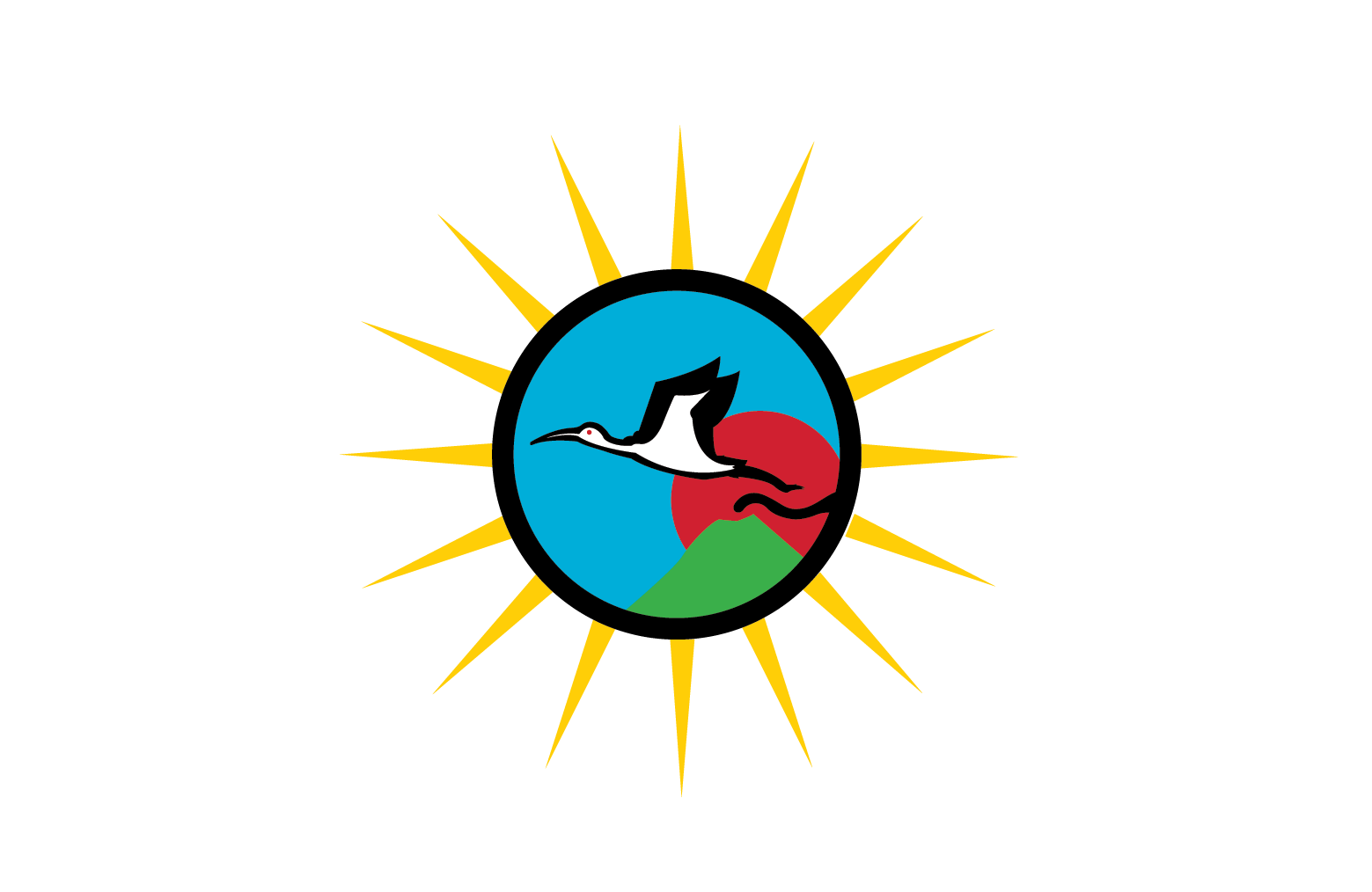FAQs
Triple Certified Organic Coffee comprises three certification levels: Organic®, Fairtrade®, and Smithsonian shade-grown Bird Friendly®. Caffe Ibis is a pioneer in the development of Triple Certified coffee.
Certified Organic: Coffee is grown and processed in accordance with the USDA organic standards that do not allow the use of harmful pesticides, herbicides, or artificial fertilizers. Independent inspection & certification tracks the coffee from farm to consumer.
Certified Fairtrade: Fairtrade is a global alternative to conventional trade, focused on equity, transparency, and sustainability. Under Fairtrade certification, small-scale farmers are organized into democratically run cooperatives and are guaranteed a minimum price for their coffee, offering stability even when market prices fall. They also earn an additional Fairtrade Premium to invest in community and business development. Certified by the independent auditor FLOCERT, Fairtrade standards prohibit child and forced labor, require gender equity, and promote long-term, direct trade relationships between producers and buyers.
Certified Bird Friendly: SMBC Bird Friendly® certification is managed by the Smithsonian Migratory Bird Center and verified through independent inspections coordinated with local organic certifiers. To qualify, 100% of the coffee must meet strict biodiversity and habitat standards designed to preserve and enhance forest-like conditions that support migratory birds. Farmers are paid a premium to maintain these ecosystems, and the certification creates a direct connection between environmentally conscious consumers and the growers who protect vital bird habitat.
Triple certified coffee comes from farms that hold each of the following certifications:
QAI Certified Organic Coffee – Coffee grown without synthetic pesticides or fertilizers, verified by Quality Assurance International (QAI) to meet USDA National Organic Program standards.
Certified Fairtrade Coffee – Coffee sourced from farms organized into democratic cooperatives, where farmers receive a guaranteed minimum price and additional Fairtrade Premium to support community and economic development. Certified by FLOCERT through Fairtrade International.
Certified Smithsonian Migratory Bird Center (SMBC) Bird Friendly – Coffee grown under the most rigorous shade and biodiversity standards, preserving forest habitat for migratory birds and requiring organic certification. Overseen by the Smithsonian Migratory Bird Center.
Store your coffee in a cool dry place rather than the freezer or refrigerator. There is water vapor in the atmosphere surrounding your beans. If you put your coffee beans in the freezer, the water vapor crystallizes and expands, shattering the beans cellular structure and increasing oxidization. The refrigerator is cold enough to inhibit oxidization but the odorous environment of most refrigerators will contaminate coffee. If coffee is to be stored beyond 3 weeks, the freezer is preferable.
Ideally yes!
Part of why coffee is so special is the high concentration of aromatic compounds, which help give coffee such rich and complex flavor. Unfortunately these amazing aromatics are prone to dissipate and break-down, leaving boring stale coffee behind. So freshness and proper storage are really important to getting the most out of your coffee.
Pre-ground coffee will stale much more quickly than whole bean coffee once you break the seal on your bag.
That said, if you don't have a grinder, no worries, we're happy to grind the coffee for you for a small fee.
No. Most espresso blends are formulated for brewing under pressure, which is why they taste great in an espresso machine. But other coffees, like our Triple Certified Vienna Roast, also taste great as espresso. The key is to experiment and have fun testing what coffee you like the taste of in your espresso machine.
Most decaffeinated coffees use a chemical process. Most roasters use chemical process decaffeination utilizing methyl chloride or ethyl acetate (cleaning solvents). Those chemicals then go into your body when you drink the coffee. Critical pressure CO2 process is yet another method of decaffeinating coffee. Caffe Ibis, however, exclusively uses a water decaffeination process. Water process decaffeination uses only natural water pressure and carbon filtration to remove caffeine from the green coffee.
We recommend using one part freshly ground coffee to 15-17 parts filtered water. Using this coffee to water ratio brews full strength coffee, to which you can add hot water if the taste is too strong. Remember, you can always make coffee weaker by adding hot water to your cup, but you can’t make it any stronger once its brewed.
C02 is a product of the roasting process and gets trapped inside the coffee bean. Higher-elevation roasting, like here in Logan at 4,534′ feet, creates even more C02 than at sea-level. This means that our coffees often need to degas to facilitate more consistent extractions. This can be accomplished by either letting the coffee sit for a few days and the C02 will naturally escape from the coffee, or you can pre-wet (or "bloom") your coffee for a little longer (45 seconds or so). This is done by adding about twice the weight of your dry coffee of your hot brew water and letting the coffee bed bubble and degas. You can even give the bed some light swirls to ensure all the grounds have been wetted. Then continue to brew.
Coffee grows all around the world in a band between the tropics of Cancer and Capricorn around Earth's equator, often called the "coffee belt." We offer coffees from Central & South America, Africa, Asia, and Oceania.
We roast Monday – Thursday. In order to get you the freshest coffee possible – and to reduce waste and maximize efficiency – we create a daily customized roast plan. We ask for 2 – 3 *roasting* business days to schedule, roast, package, and ship your order.
Thanks for your understanding and supporting us towards our mission for quality and freshness, while supporting social and environmental stewardship.
Caffe Ibis guarantees 100% satisfaction. If you are unhappy with your purchase, we’ll make a full refund.
Return coffee beans within 14 days of the ship date. Since ground coffee has a significantly shorter shelf life, returns of ground coffee can be made only in the event of roaster error (i.e. wrong coffee, incorrect grind, etc.)
Return other merchandise within 20 days of the ship date.





